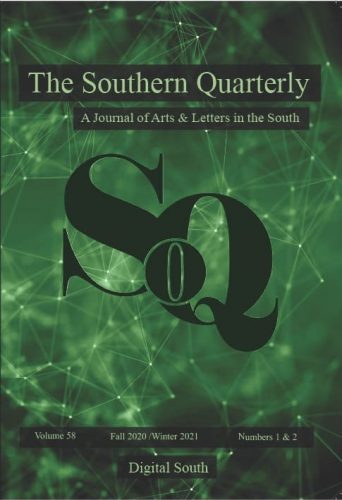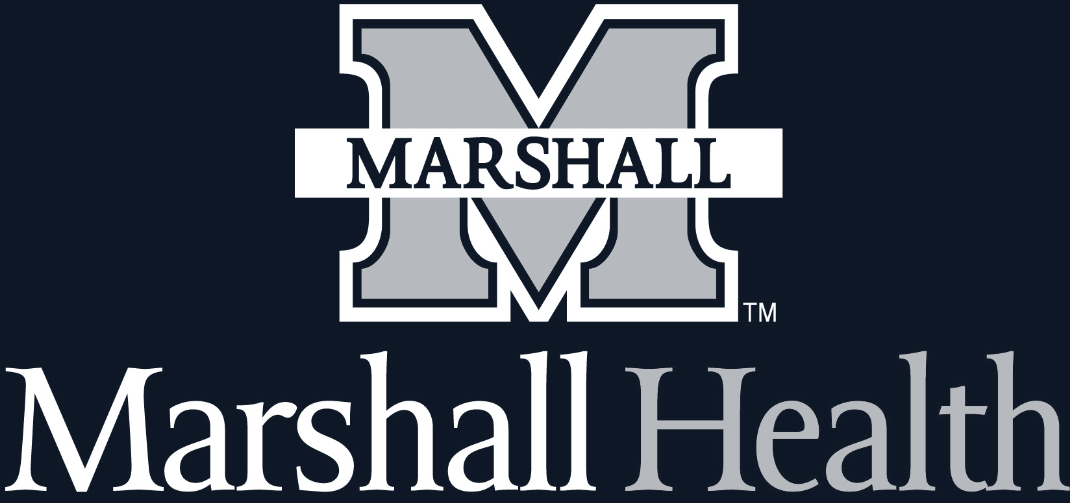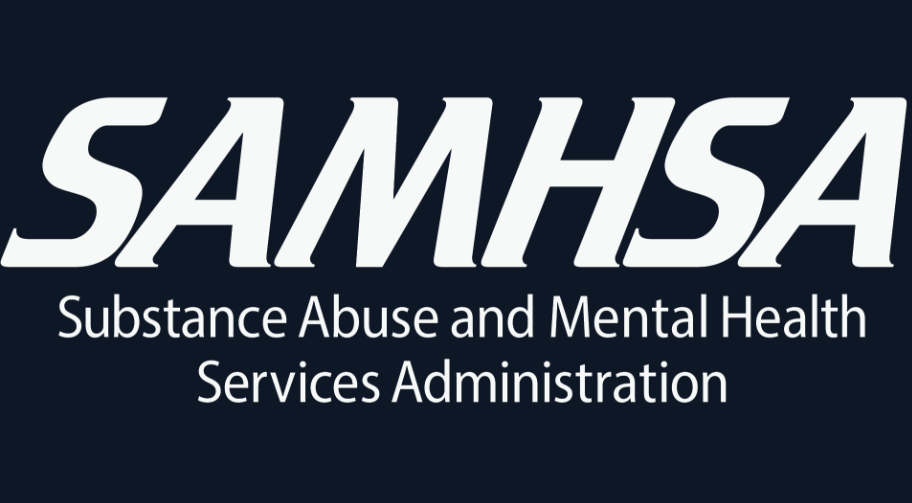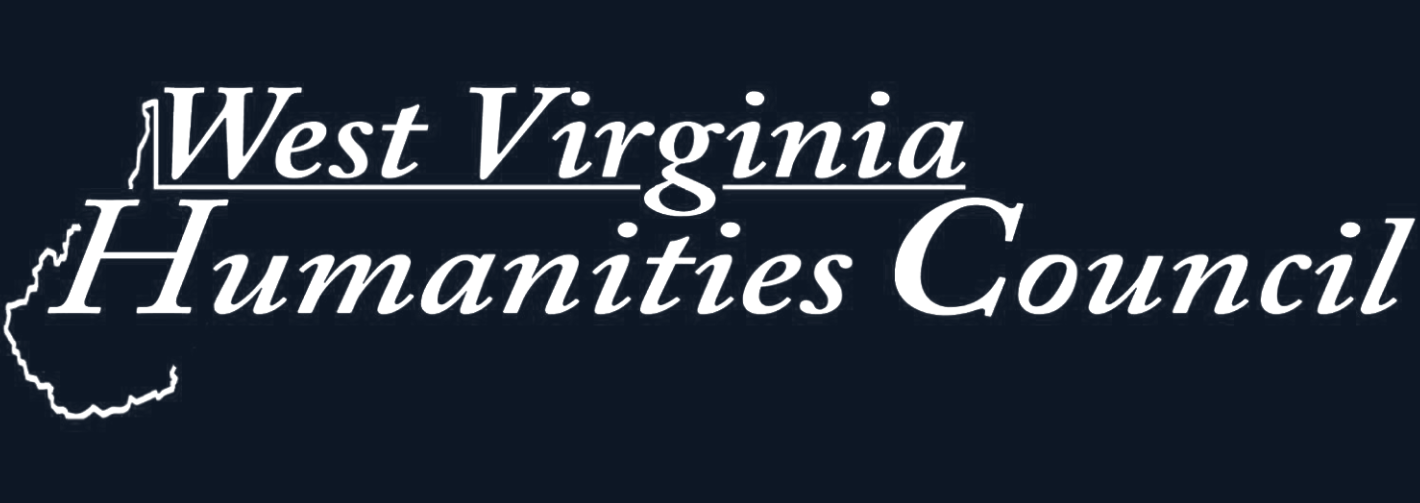Highlighted Content
Newest Content
-
Recovery is for anyone.
-
Recovery has given my life back.
-
Recovery is real.
-
A friend once taught me a word and it's my favorite: Ineffable—too sacred to be described in words. My life is unbelievable. It's just unbelievable.
-
Now I’m teaching other people how to share their story for purpose. I’m teaching them how to testify in committees. I’m teaching them how to organize in their communities.
-
Something shakes me back from the dead
News
-

Movable Featured in Southern Quarterly Journal
21 November 2022Stefan Schöberlein and Kristen Lillvis recently published a feature on creating the Movable site in The Southern Quarterly.
Read more -
Movable/New Ohio Review Recovery Writing Contest Winners Announced
13 June 2022The Movable Project, a grassroots digital archive of recovery stories, housed at Marshall University, recently announced the winners of the 2022 Recovery Writing Contest, a partnership with the New Ohio Review, a national literary magazine.
Read more




